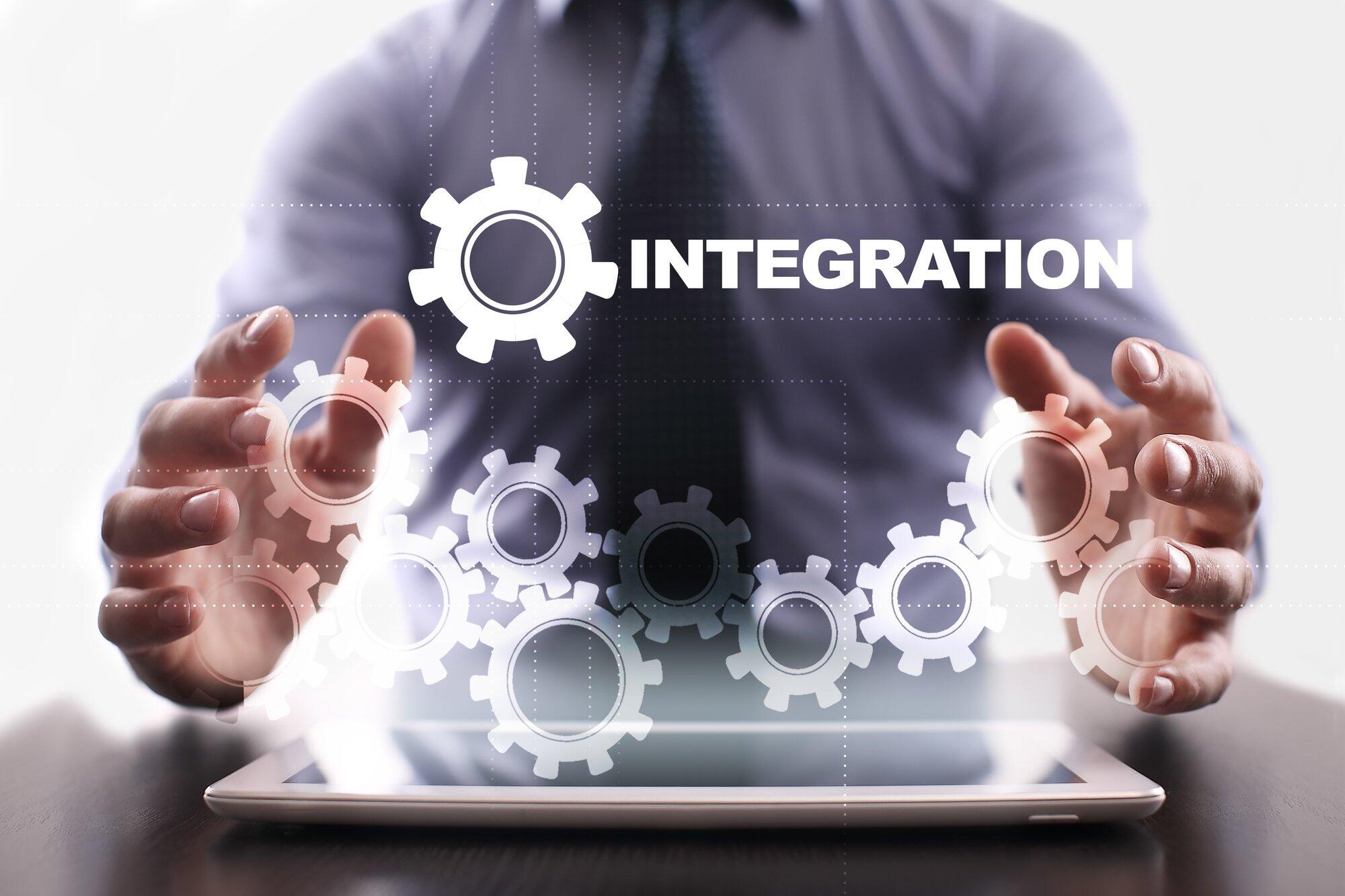
Data is the new currency in the digital age. Businesses’ efficiency in collecting, organizing, and using it has become vital. A data integration platform is the linchpin in this paradigm.
The challenge lies in choosing the right platform from the multitude available. We’ll dissect the critical features of top data integration platforms. Read on to learn more.
Scalability and Performance
The volumes of data generated today are unprecedented and only set to grow further. A data integration platform’s ability to scale with these demands is non-negotiable. Scalability is more than resource allocation.
It’s the platform’s adaptability to increasing complexities in:
- data models
- changing business needs
- seamless performance
Data Quality and Governance
A robust platform ensures that high-quality data is fed into your systems. It also provides governance tools to certify integrated data’s lineage, security, and compliance.
To stay in control of your data lifecycle, look for features like:
- automated data profiling
- anomaly detection
- policy-driven remediation
Data Lineage and Versioning
Understanding where your data has transformed is critical for:
- compliance
- auditing
- troubleshooting
Data lineage capabilities track data movement across the infrastructure. Versioning tools maintain a clear history of changes.
Support for Modern Architectures
Cloud-first strategies and modern data architectures have reshaped the integration landscape. The best platforms support these initiatives with:
- native cloud deployment options
- comprehensive cloud connectors
- integration with containerization technologies
Ease of Use and Low Code/No Code Environments
Automated integration often involves a cross-functional team. A platform with an:
- intuitive user interface
- pre-built connectors
- low-code or no-code environment
It empowers business users to build simple integrations. Catering to data engineers who may need more complex development environments.
Advanced Transformation Capabilities
Transformation is the heart of data integration. The best integration platforms offer a range of transformation functions, including:
- pivot/unpivot window functions
- machine learning-based transformations
It automates pattern recognition and consistency across datasets.
Machine Learning and AI Integration
Machine learning and AI don’t stop at transformation. Integrating these technologies within the data integration platform can enhance:
- data matching
- entity resolution
- pattern detection
Automating once-manual processes to improve efficiency and data accuracy.
Cost and Return on Investment
The ultimate question is whether the platform provides the desired return on investment. Consider the total cost of ownership, including:
- licensing cost
- implementation
- maintenance
Assess the ROI by determining its impact on operational efficiency and improved decision-making. Consider 3PL NetSuite Connectors to experience unparalleled efficiency in your system. The integration simplifies operations by automating the flow of inventory.
User Community and Support Ecosystem
These are pivotal for a smooth integration experience. Engaging with user groups can be invaluable when navigating the inevitable complexities.
Security and Compliance
Data security is paramount. Look for platforms that install the latest encryption standards and role-based access controls. These platforms offer compliance frameworks aligned with industry standards and regulations.
Measuring Success and Continuous Improvement
Successful data integration is an iterative process. This data enables ongoing improvements and ensures the platform evolves with your business.
Data integration is not a one-size-fits-all try. Instead, it requires a tailored approach that addresses your business’s requirements. With the right platform, you pave the way for informed decision-making.
For more helpful tips, check out the rest of our site today!




